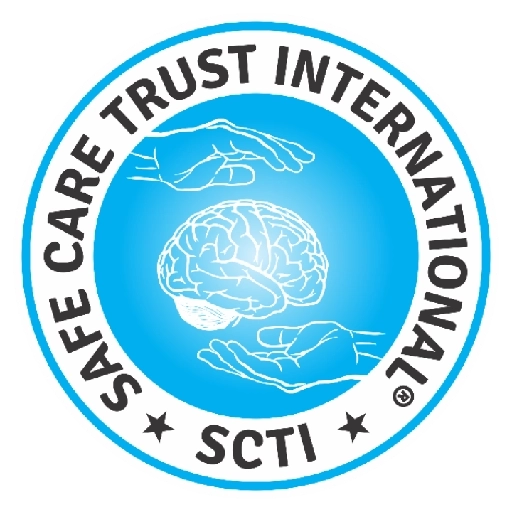There were specific tools designed for addiction recovery with evidence-based science for a successful and holistic journey to sobriety. These tools encompass the long process from quitting to dealing with bad days.
You are here, and this may be the beginning of your road towards sobriety. This road may feel impossible right now, but recovery is possible and it is well within your reach.
- Coping Skills
Coping skills help you to address and overcome the problems and situations that originally led to drug abuse – negative emotions, a history of trauma, anxiety, stressful. One of your coping skills may be meditation or deep breathing, while another person’s may be to talk it out with someone they trust. A professional addiction recovery specialist can help you identify and create your own unique set of coping skills to help you through this journey.
- Recovery – Turning Addiction into Healthful Hobbies
Hobbies are an important part of your addiction recovery toolkit, as they serve as another outlet for relief from negative feelings. You can protect yourself from relapse by establishing new hobbies early in your recovery.
Find an activity that fulfil your instincts, gives you purpose, or makes you feel productive. This could be something you’ve always wanted to try like joining a rock-climbing gym. Often times these hobbies even help us break the cycle of addiction by filling our lives with meaning and challenging our brains to think about things other than drugs.
- Exercise
The one most accessible way to start your addiction recovery is by physical exercise. By exercising in moderation, you will establish emotional balance and will begin feeling emotionally, mentally, and most importantly physically well.
No one wakes up in the morning with a clear plan for rebuilding their lives after an addiction. Throughout your journey there are countless daily decisions to make, which can seem overwhelming at the time. Exercise enhances detoxification and improves sleep. Try adding 30-60 minutes of exercise for at least three days per week as part of your recovery routine. Find an extracurricular sport or take walks with friends from rehab to broaden your decisions and activities around this new chapter in your life.
6. A Sober Support Network
Talk to the friends in your life about addiction, recovery and sobriety. Recovering addicts should build a social circle that encourages substance abuse-free lifestyles. Friends who understand addiction will still socialize with you, but they’ll understand when you don’t drink at parties or when you’re having a bad day.
Your sober network is built on your addiction treatment program, therapy, and alcoholics anonymous meetings. You may also get support from sober living centres sober sports leagues, and group therapy.
Indulging in addiction can lead to dependency, but substance abuse treatment centres like premier suggests seeking support. A strong, sober support network is one of the most essential addiction recovery tools you can have. By supporting your values, your goals, and your choices to live sober, this network of friends will also be the ones to help you transition confidently into the world once again. So even when temptations arise after drug treatment, you will have a sober friend to call to help you past them.



